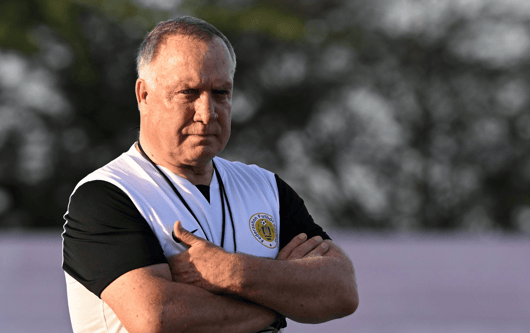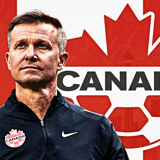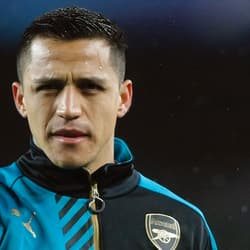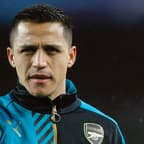-
News
- 23 Feb 2026
Jonathan Wilson: The Under-20 World Cup can be a valuable tool for developing players - as Argentina demonstrated
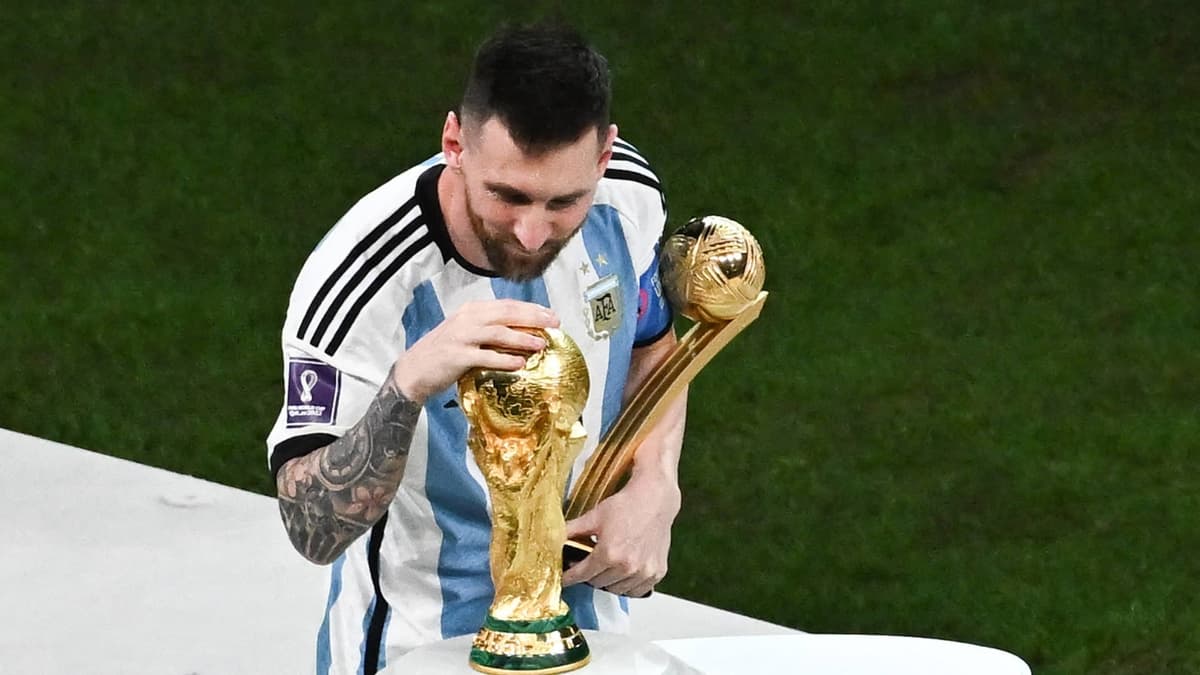
There has never been a run of success in any major international youth tournament quite like Argentina enjoyed at the Under-20 World Cup between 1995 and 2007. They won five out of seven editions in that 12-year span, which only made it all the more baffling that they won nothing at senior level from 1994 to 2020. Yet it was in that run of success that the foundations were laid for glory in Qatar.
The youth set-up was created by Jose Pekerman, who moved to the senior job for the 2006 World Cup. "The most important thing in the youth divisions, said Hugo Tocalli, who worked as Pekerman's assistant for 14 years, "is not to form teams in order to win games and tournaments, but to keep in mind that we are forming players. We must see ourselves as developers and not make them train and think as professionals, because they're not. It's not that 'win or win' mentality that makes you a better player. In the youth scenario, the victory without a future is not useful."
It took that future a long time to arrive. Argentina kept messing up at the last. In the six Copas America between 2004 and 2019, they finished runners-up four times and third once. Two injuries in the space of two second-half minutes cost them in their World Cup quarter-final against Germany in 2006. As Tocalli said, though, in tournament football there can be no guarantees; luck inevitably plays a part. But that doesn't mean that planning is pointless. "I'm a fan of long-time projects, he said. "They offer results. Look at Spain, it started with the youth teams...and the same with Germany, [Jurgen] Klinsmann and then [Joachim] Low."
By the time Argentina did finally win the World Cup for the third time, in 2022, only three players from those youth campaigns remained: Lionel Messi, who had won in 2005, and Angel Di Maria and Papu Gomez, who had won in 2007. Yet the influence of Pekerman remained.
It was he who, as national coach, selected Messi for his first senior World Cup in 2006, while the coach, Lionel Scaloni, and two of his assistants, Pablo Aimar and Walter Samuel, were part of Pekerman's squad that won the Under-20 World Cup in Malaysia in 1997. There seemed something appropriate about the fact that, 27 years after Pekerman had won his first Under-20 World Cup in Qatar, it should be in Qatar that Argentina brought his era to its glorious apotheosis.
Yugoslavia offer another example of a great youth side that - eventually
- enjoyed success at senior level. The squad that won the Under-20 World Cup in Chile in 1987 was not planned in the way that Pekerman's teams were. Rather it was patched together through political expediency and ended up being dominated by Croatians. They were brilliant, though, and won the tournament, leading Ivica Osim, who had been appointed national team head coach after the 1986 World Cup, to devise a succession plan. He would stick with the older generation for Euro '88, look to integrate some of the youth side by 1990 and then have them making up the bulk of his squad for Euro '92.
As it turned out, though, other forces were at work. A heavy home defeat to England cost Yugoslavia their place at the Euros in 1988, leading to a barrage of media criticism that only intensified as the political situation deteriorated.
Although Yugoslavia reached the quarter-final of the 1990 World Cup and qualified impressively for Euro '92, the outbreak of civil war led to their expulsion from that tournament. Osim's plan was never given time to take effect.
But when Croatia reached the semi-final of the World Cup in 1998, five of their team had been part of that Under-20 squad - a remarkable number given, in 1987, Under-20 squads comprised only 18 players and they were drawn from across all six component republics of Yugoslavia.
The Spain side that won in 1999 featured Iker Casillas, Xavi and Carlos Marchena who would win the World Cup 11 years later, but equally there are plenty of sides who have achieved success at the Under-20 World Cup who did not go on to great things.
Although the Brazil team that won in 2011 featured Casemiro, Oscar, Philippe Coutinho, Danilo and Alex Sandro, it's been a long time since Brazil threatened to win a World Cup. The Ghana of 2009 and the Serbia of 2015 have never achieved what it seemed like they might. Nothing in youth development is certain; there are always external factors - and fortune - waiting to intervene.
But as the examples of Spain and especially Pekerman's Argentina prove, the Under-20 World Cup, as part of a coordinated programme, can both offer valuable experience and be a guide to future success at senior level.
